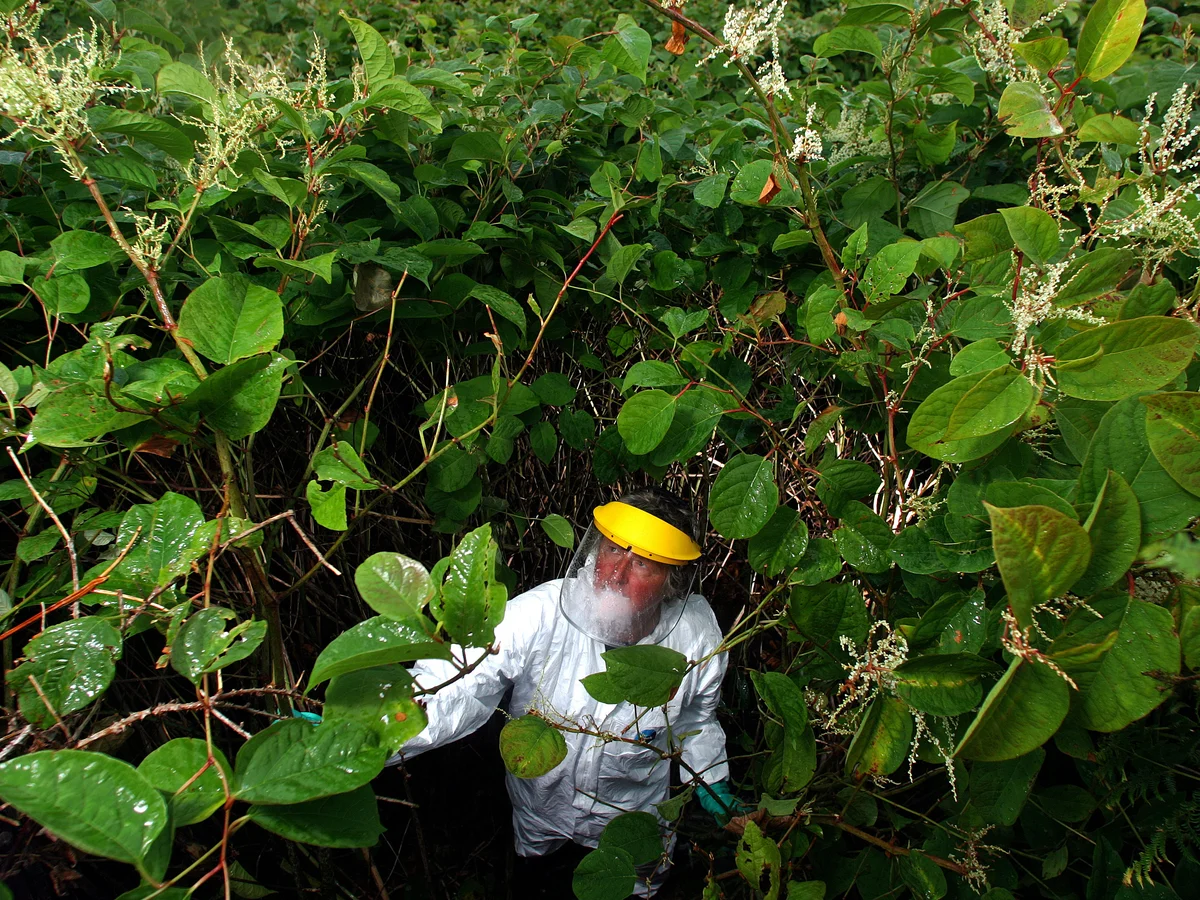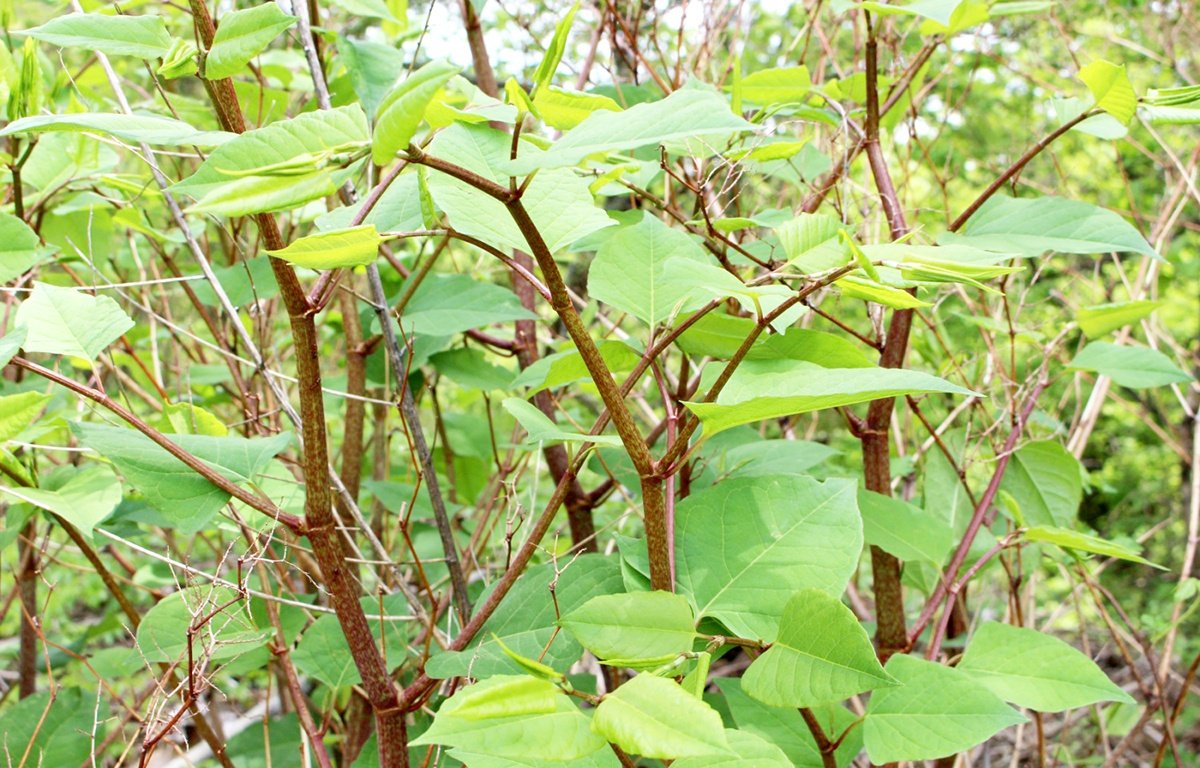At APSL Japanese Knotweed Ltd, we have a specialist team who are accomplished in the control of Japanese knotweed in urban gardens and areas of London. The success of our treatments and our service are built upon high quality trained staff, experience and customer care.
APSL Ltd is a proud member of the Property Care Association’s (PCA) Invasive Weed Control Group’ (IWCG). Staff are PCA trained, certified and qualified ensuring you receive work of high standard professionalism backed by the latest research.
Fully compliant with PCA standards our Japanese Knotweed Management Plan, together with a five or ten year Insurance Backed Guarantee (IBG), are recognised and accepted by mortgage lenders to allow lending against a property with Japanese Knotweed.
Accomplished in the control of Japanese knotweed in urban areas.
Member of the PCA Invasive Weed Control Group.
Insurance Backed Guarantee.
Fully qualified trained staff, receiving ongoing training backed by the latest research.
Compliant with health & safety and environmental standards.
Frequently Asked Questions
– Avoid the suspected Japanese Knotweed area in your garden until expert identification has taken place.
– Get in contact with APSL Japanese Knotweed Ltd., Japanese Knotweed Specialists for expert advice, survey and treatment, call us now on 07983 961203.
– Take action if you think you have Japanese knotweed. The longer you leave it the more it will spread, increasing the chance for more damage, which will have greater costs implications. – Knotweed growth at adjoining properties within 3- meters to your boundary should be treated simultaneously to prevent re-infestation to either site.
– Do not cut, mow or dig out the JK plant, this will not get rid of your knotweed problem; it could encourage knotweed spreading and activate new growth. Once a JK plant has been cut it is not possible to treat the knotweed until fresh knotweed growth has re-appeared.
– Do not add Japanese Knotweed to your garden waste collection. JK plant matter and the contaminated soil surrounding it is controlled waste. It must be disposed of professionally to a licensed landfill or licensed incineration.
– Do not allow Japanese Knotweed spread off site; this is an offence under the Wildlife and Countryside Act, 1981, click here to read more.
– Any proposed building work or landscaping should be put on hold. Any spreading of soil obtained within 7-meters of a JK plant could potentially contain rhizome and drastically increase the risk of JK growth elsewhere as it is highly regenerative.
– Legal implications of selling a property with knotweed; Question 7.8 on the law society’s TA6 form. If you choose not to answer this question truthfully, the new owner can sue you under the Misrepresentation Act.



